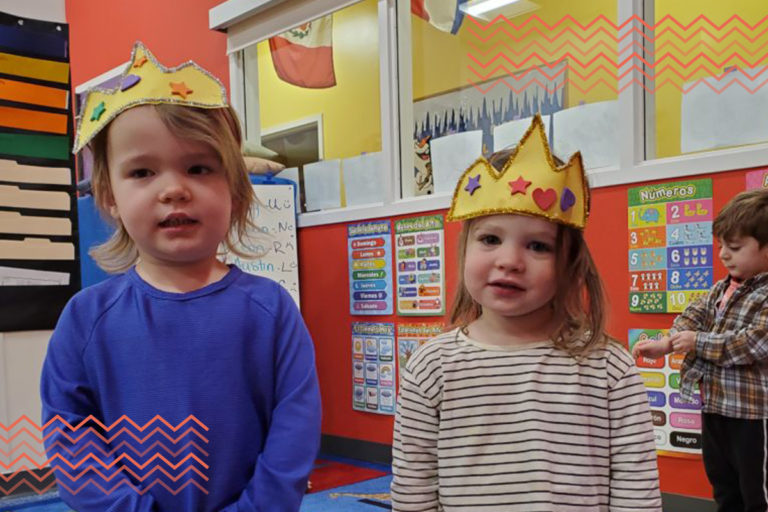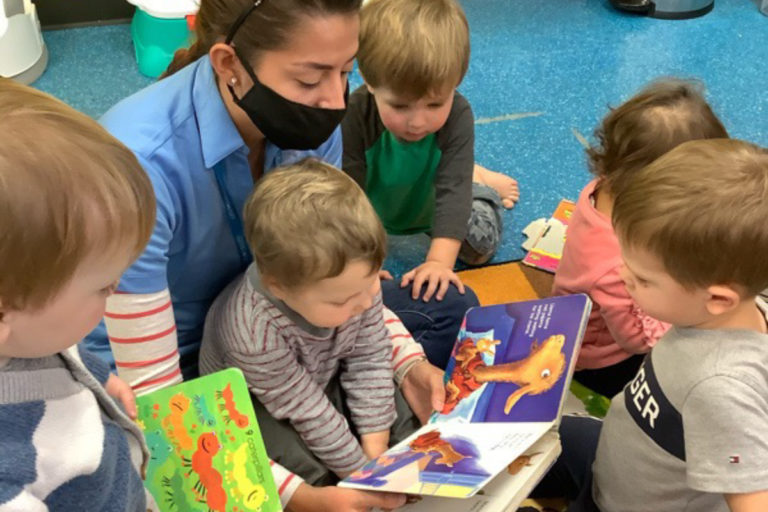How to Help Relieve Young Children of Stress & Worry During These Times
The COVID-19 pandemic has affected many families’ lives, with parents experiencing unemployment, financial stress, and the loss of loved ones. All of these stressors affect children, too, so it’s no surprise that many kids have been dealing with anxiety in the wake of the pandemic. It’s estimated that 30% of children experience anxiety, which typically includes feelings of dread and uneasiness, and it can escalate to cause a host of unpleasant physical symptoms, too.
If you suspect that your child may be dealing with anxiety, you should do everything within your power to address the problem. Read on for more information on how to mitigate this problem and improve your child’s mental health.
How Can I Help My Young Child With Anxiety?
If you’ve noticed that your child is exhibiting signs of stress, they may be dealing with anxiety. Anxiety can be a situational experience that only occurs in response to stress, or it can be a generalized experience that kids experience regardless of their circumstances. Regardless of whether your kid’s anxiety is situational or generalized, you can take the following steps to help them cope with their feelings.
Initiate a Discussion
It might seem like a no-brainer, but the most obvious answer can be easily overlooked — so, of course, the first course of action should be a conversation with your child about what they are feeling. As soon as you notice symptoms of anxiety, initiate a conversation centered around questions such as the following:
- Are you feeling worried about anything?
- Have you been having headaches or stomachaches?
- Can you fall asleep easily at night?
- Do you have trouble paying attention?
- How do you feel about your friends and activities?
These questions can help you assess your child’s signs of stress and determine whether they’re dealing with anxiety. If so, there are many strategies for learning to cope and manage symptoms.
Therapy and Mental Health Help
If you’ve determined that your child does exhibit symptoms of anxiety, one of the best ways you can help is by connecting them with the appropriate mental health resources. Therapy is a great place to start, and it offers a wide range of benefits to kids:
- Learn accountability for feelings and behaviors
- Develop strategies for learning to cope
- Cultivate a sense of self-worth and acceptance
- Improve communication skills
- Develop better peer interaction and social skills
These benefits make therapy a great resource for helping kids deal with their anxiety and overcome its symptoms. There are many different kinds of therapy available for kids — including play and art therapy options — so it’s important to find the right provider for your child.
Learning New Skills
Another great way to cope with anxiety is to learn a new skill. Studies have shown that learning something new can alleviate stress, and this is a particularly valuable approach for kids who are open to learning new things. One great skill that kids can develop is bilingualism. Bilingualism offers plenty of benefits to kids, and the process of learning a new language can help kids who are also learning to cope with anxiety. This is largely due to the social-emotional development that occurs when students delve into a new language, including improvements in self-control and academic success.

What Are the Signs of Anxiety in a Child?
Many signs of stress shouldn’t be ignored when observed in a kid. Though each child may deal with their anxiety differently, a few common symptoms should serve as red flags.
Difficulty Sleeping
It’s estimated that kids need between nine and 12 hours of sleep every night. If you hear your child regularly waking throughout the night — or struggling to get to sleep in the first place — this may be a sign that they’re dealing with anxiety. Sleep and insomnia often go hand in hand, so it’s important to address this problem before it causes a ripple effect of problems in your child’s life. There are several ways to accomplish this, including the following:
- Encourage kids to develop a specific sleep routine
- Take away all devices and screens an hour before bed
- Practice de-stress exercises before bedtime
- Invest in products like weighted blankets or melatonin
These tips can help alleviate the symptoms of anxiety that often cause kids to lie awake at night.
Inability to Concentrate
You might also notice that your child has started struggling with focus. This problem can manifest in schoolwork, conversations, and chores around the house. If your child seems to drift off or be perpetually distracted, it might indicate that they’re dealing with anxiety. The reason is simple — as the brain focuses on the feeling of anxiety and its cause, your child will struggle to maintain focus on the task at hand. Anxiety is one of the most powerful distractions, and battling it can be a major burden for kids. Learning to cope is important in such circumstances so that a child’s inability to focus doesn’t interfere with their academic and social abilities.
Physical Symptoms and Pain
Many people are unaware that anxiety and fevers are often connected. Indeed, there are a host of physical symptoms that often appear in conjunction with anxiety, including the following:
- Headaches
- Stomachaches
- Nausea
- Fever
- Digestive issues
- Increased heart rate
- Drowsiness
- Trembles
These symptoms of anxiety can be particularly difficult for kids to deal with. Physical ailments are often a manifestation of anxiety due to the increased levels of adrenaline and cortisone in the body when anxiety strikes. You can help your child mitigate these symptoms by learning to cope with anxiety symptoms.

Encouraging Healthy Coping Skills in Kids
It’s never too early to learn healthy coping mechanisms. You can help your child overcome their anxiety struggles and learn important new skills in the process. Casa de Corazón is also dedicated to instilling kids with these skills through socially responsible education. Our Spanish immersion programs offer kids the opportunity to develop social and intellectual skills while learning languages. For more information, learn about our core values and find a location near you.



